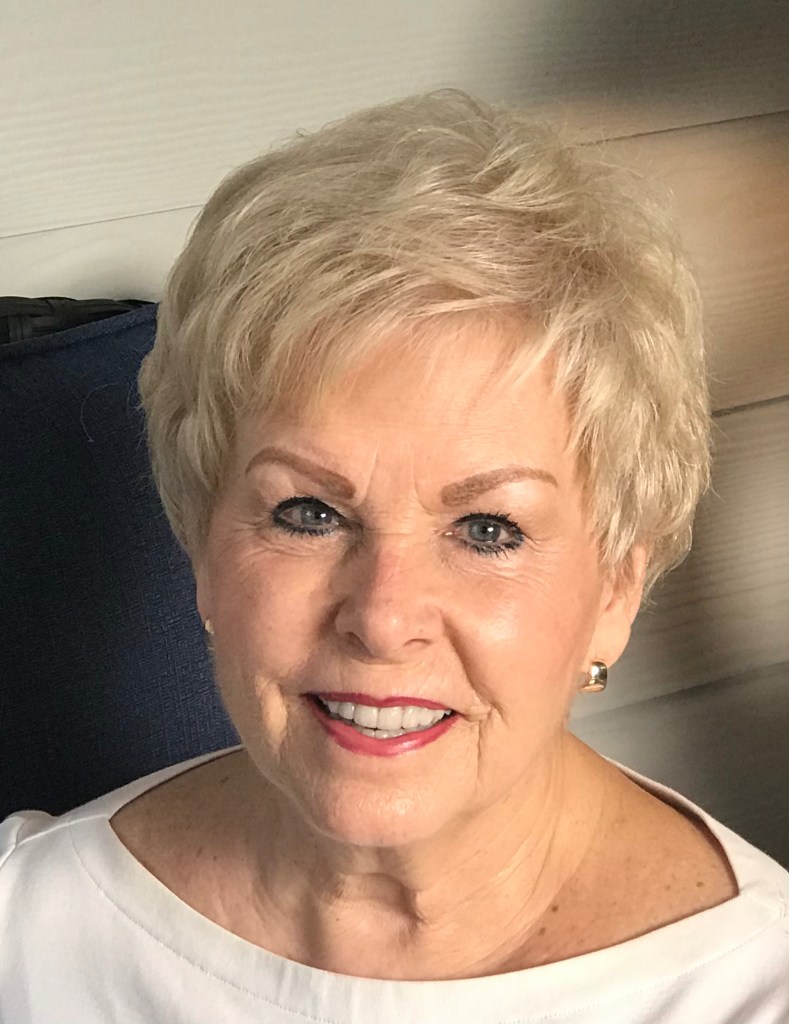
My husband and I have what we call a Marriage Summit every Monday at 2pm. We’re empty nesters now and most of the work we do—paid or volunteer—we do at home. It’s not as if we don’t see or talk to each other during the day. But, much to our surprise, even as empty nesters, our calendars are full and often take us in opposite directions. Our interactions are quick snippets of conversation off and on all day.
-
- “I forgot about my dental appointment. Can you pick up the dog from the groomer?
- “Did you remember to buy a card for Brennan’s birthday?”
- “The rose bush by the garage looks like it has mites? Do we still have that bug spray for roses?”
- “Can we have leftovers for dinner? I need to work on that proposal that’s due tomorrow.”
We realized if weren’t careful, pretty soon we would feel more like roommates than partners. We needed a protected time just to talk about us.
Yes, we do handle some business during that time. We compare calendars. And once a month we go over the budget, to make sure we’re on track. But the main agenda for the Monday summit is our relationship. It’s an intentional “checking in,” beyond the dozens of casual interactions we have each day.
We ask each other things like:
-
- How’s your heart?
- Where are you struggling? Where have you given up hope?
- Do you feel heard?
- Are there any unfinished discussions or issues we need to address?
- Do you see any blind spots in me?
- What do I do that annoys you?
- What would you like me to know that you’re not sure I want to hear?
- Where are the places in our relationship that you think need some attention?
- When and why is it hard to say, “I’m sorry?”
The cell phone, radio, and TV are not on. And, unless an ambulance pulls into our driveway, no interruptions are allowed. Even Toby, our precocious fur baby, knows this is not the time to fetch a toy. Empathetic hovering is allowed, but even he seems to know serious business is taking place.
I’ve learned to love these times, even though they can be occasionally tedious and even hard. But sometimes I also learn things I never knew about my husband of 20+ years! There’s a tenderness that’s rekindled when it’s just you and your mate, intentionally making each other a priority like you did when you first met. In a way, it’s like a “quiet time” for our marriage.
You’ll hear Christians describe their “quiet time” with God. There’s nothing magical about it. It’s simply a commitment to designate a regular time, usually daily, that’s like an appointment with God. A time to focus on our relationship with him. It allows him to speak through his Word or through worship music, journaling, or maybe a strong prompting in our spirit that’s more intimate than what you might hear in a sermon or read in a book.
A regular time with God is similar in many ways to our Marriage Summit, because God cares about:
-
- How’s your heart?
- Where are you struggling?
- Where have you given up hope?
- Do you feel heard?
- Are there any unfinished discussions or issues we need to address?
- Do you want to hear what I love about you? May I talk to you about a blind spot?
- What would you like me to know that you’re afraid to tell me?
- Why is it hard to say, “I’m sorry?” I am quick to forgive.
God went to extraordinary lengths to demonstrate his desire for a relationship with him. So, it’s puzzling why we typically find it hard to carve out regular time for him. Instinctively we understand that you don’t fall in love with someone you don’t know. We make time for what matters to us. So, what’s the problem?
Maybe it’s because…
-
- We see him only as a rescue plan. We don’t turn to him until we need a Get Out of Jail Free card.
- There’s no margin in our calendars; we’re tired and distracted.
- Our affection has cooled. We don’t want the same things we suspect God wants. He may not be on board with our priorities and we’re definitely not on board with his.
- We’ve drifted apart. Or, to be more accurate, the drift is ours, not his.
- We’re embarrassed because we know we’ve got junk we need to deal with and we’re not ready.
The excuses sound like lines heard in marriage therapy, where a therapist might respond:
-
- You need to decide whether you want this relationship to work.
- Be honest about where you’re hurting.
- Ask for what you need.
- Own your part of whatever in the relationship isn’t working. Admit you screwed up.
- Forgive where you’ve made judgments that are not correct.
- Commit to change; be intentional.
- Ask for help.
- Remind yourself why you fell in love with that person in the first place.
The good news is that God has wanted to meet with you for a long time. He can’t wait. He’s a good listener. Nothing shocks him. He has limitless compassion and is quick to forgive. He wants the relationship to work more than you do. And the Holy Spirit is in the room to help, when you can’t find the words you want to say.
If your relationship with God feels cold or stale or even on life support, maybe it’s time for a God Summit. He’s ready. His calendar is wide open.
Then do it again…and again. Make it a habit. One day you’ll wake up and realize you wouldn’t miss it for the world.



 Pulitzer Prize-winning American novelist Cormac McCarthy once said that insights about life spring from the subconscious and require a lot of staring at your shoes.
Pulitzer Prize-winning American novelist Cormac McCarthy once said that insights about life spring from the subconscious and require a lot of staring at your shoes.
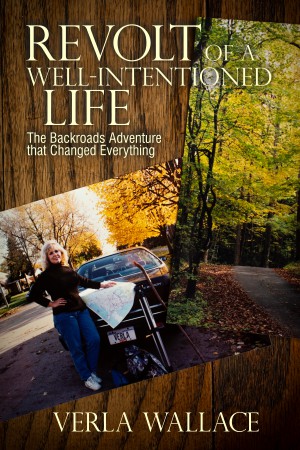
 No one has on their bucket list: “To Go Through a Hurricane.” Even an adventurous teenager who has bungee-jumped off a bridge, dived from an airplane, and mastered Escape Rooms, ever says, “Aww, gee, Ma, why can’t we do a Category 5 hurricane! It’ll be fun!”
No one has on their bucket list: “To Go Through a Hurricane.” Even an adventurous teenager who has bungee-jumped off a bridge, dived from an airplane, and mastered Escape Rooms, ever says, “Aww, gee, Ma, why can’t we do a Category 5 hurricane! It’ll be fun!”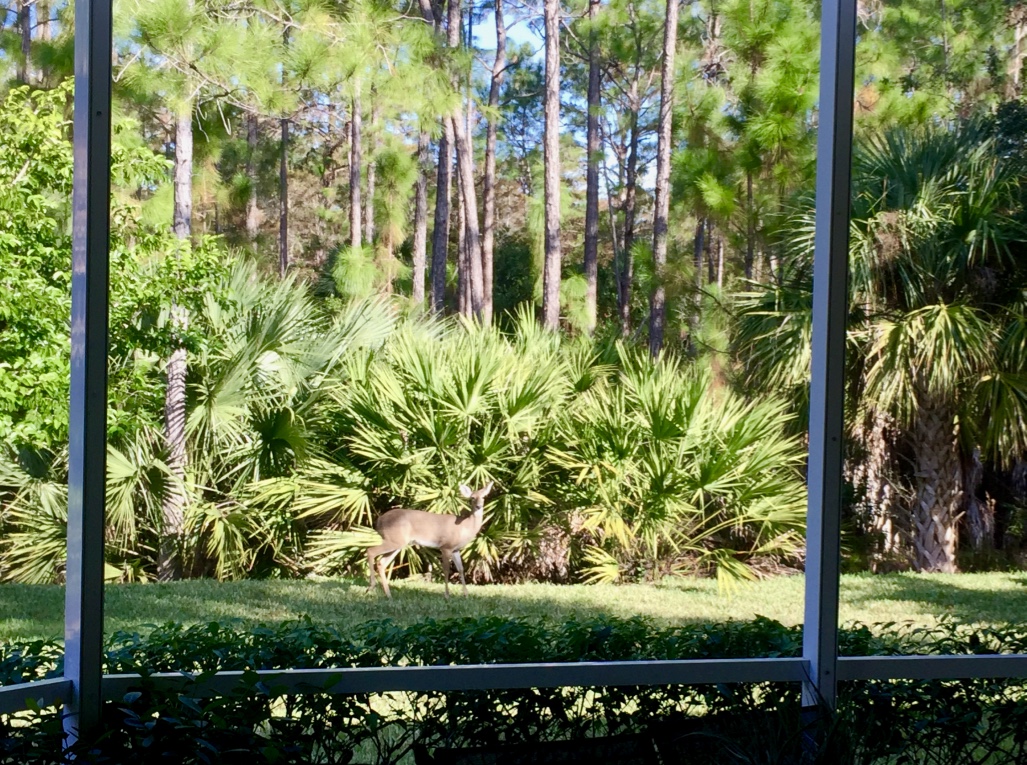
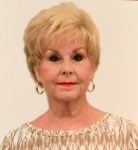 I connected this week with my 22-year old niece who is in Italy on a personal 500-mile pilgrimage on the Camino de Santiago. There are many routes a pilgrim can choose to complete this spiritual journey. She spent time in Rome before launching her walk in Pied de Port, France, crossed the Pyrenees, and will eventually end up in Santiago de Compostela on the west coast of Spain.
I connected this week with my 22-year old niece who is in Italy on a personal 500-mile pilgrimage on the Camino de Santiago. There are many routes a pilgrim can choose to complete this spiritual journey. She spent time in Rome before launching her walk in Pied de Port, France, crossed the Pyrenees, and will eventually end up in Santiago de Compostela on the west coast of Spain. Mass shootings have topped the news 11 times in the past few weeks, racking up a stunning list of casualties. Cops, gays, African-Americans and people who just happened to be in the wrong place at the wrong time. So many, I can’t keep the details straight.
Mass shootings have topped the news 11 times in the past few weeks, racking up a stunning list of casualties. Cops, gays, African-Americans and people who just happened to be in the wrong place at the wrong time. So many, I can’t keep the details straight. I had lunch today with a good friend who shared her disappointment about losing a house she and her husband tried to buy. The home–priced right, in a good neighborhood–ended up in a bidding war, with multiple buyers offering crazy money to buy it. My friend and her husband lost out. Been there. It breaks your heart.
I had lunch today with a good friend who shared her disappointment about losing a house she and her husband tried to buy. The home–priced right, in a good neighborhood–ended up in a bidding war, with multiple buyers offering crazy money to buy it. My friend and her husband lost out. Been there. It breaks your heart.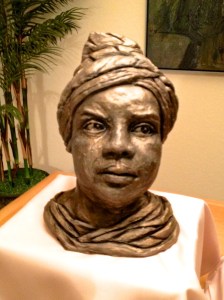 A little research told me that life today for a woman in the Third World often means hunger, death in childbirth due to lack of access to healthcare, rape in civil wars, genital mutilation, and little opportunity for education. It wrecked me. I wasn’t expecting it.
A little research told me that life today for a woman in the Third World often means hunger, death in childbirth due to lack of access to healthcare, rape in civil wars, genital mutilation, and little opportunity for education. It wrecked me. I wasn’t expecting it. Then came “Gus”–another picture from a book, no name, no backstory until I named him “Gus,” and decided his gaunt face, vacant eyes, and severe demeanor suggested he might be homeless, hardened and bitter. His life wasn’t supposed to turn out like this. He worked hard, had a job and family. That was before his plant closed during the recession, depression drove him to too much alcohol, he lost his family, and didn’t know how to find his way home. I looked into his eyes and asked God to teach me how he must feel to be homeless.
Then came “Gus”–another picture from a book, no name, no backstory until I named him “Gus,” and decided his gaunt face, vacant eyes, and severe demeanor suggested he might be homeless, hardened and bitter. His life wasn’t supposed to turn out like this. He worked hard, had a job and family. That was before his plant closed during the recession, depression drove him to too much alcohol, he lost his family, and didn’t know how to find his way home. I looked into his eyes and asked God to teach me how he must feel to be homeless.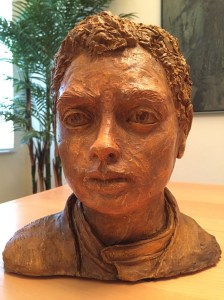 Wars in the Middle East and Africa in the last year filled the news with pictures of displaced people. I saw a picture of a teen boy running for his life. He would become “Emil,” one of the more than 50 million refugees in the world now–half of whom are children, often traveling alone or in small packs to ward off the human traffickers who prey on them.
Wars in the Middle East and Africa in the last year filled the news with pictures of displaced people. I saw a picture of a teen boy running for his life. He would become “Emil,” one of the more than 50 million refugees in the world now–half of whom are children, often traveling alone or in small packs to ward off the human traffickers who prey on them. Finally, there was “Agnes,” whose nameless face appeared in a book on how to draw facial features of an older person. The sketchy picture reminded me of a woman I had just met in the nursing home where my mother briefly lived last spring before her death.
Finally, there was “Agnes,” whose nameless face appeared in a book on how to draw facial features of an older person. The sketchy picture reminded me of a woman I had just met in the nursing home where my mother briefly lived last spring before her death.